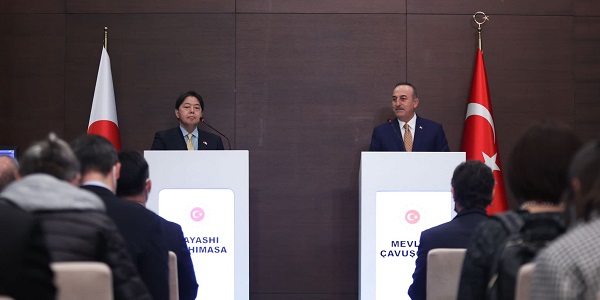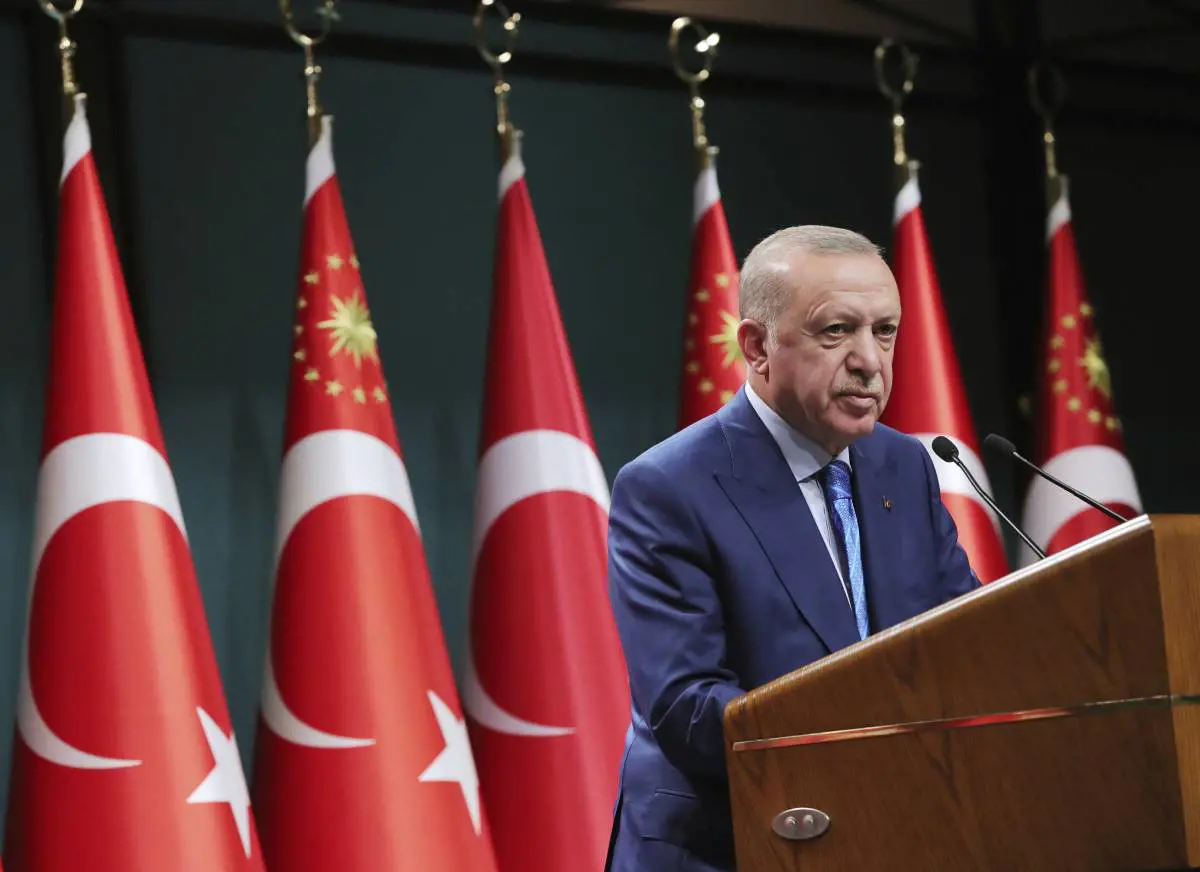By Katya Mavrelli,
Over the course of the past months, references to Turkey and its international relations have been different compared to the past. Starting from January, the Turkish government stated that the country would be renamed to “Türkiye”, which means Turkey in Turkish. Even though the official announcement has not been made, official government sources and agencies are adopting the new name in their communications and foreign relations. Why did this change occur? And why now?
The question of what defines a nation’s identity and what distinguishes it from other nations has been on social scientists’ minds for centuries. The determination of a country’s national identity is not only dependent on the name or the composition of the population, as it depends, among other elements, on history, its political path, and the nature of its economy.
When it comes to Turkey, rebranding is the result of forces from deep inside – a series of political, economic, and social tectonic shifts led to the emergence of this indirect policy. Even though the Turkish government has not used the term “policy” to describe this shift, the changes that are being implemented domestically and internationally resemble efforts to adopt a change in the smoothest and least troublesome way.
Anadolu Agency and TRT World, state-owned news agencies, are now officially using “Türkiye” in their broadcasts in English, and the Ministry of Foreign Affairs is also welcoming users using the title “Republic of Türkiye”. And while official agencies adopt this change, the question that remains unanswered is “why now”? What urged Turkish President Erdoğan to push for this change now? The explanations span two main axes.

Firstly, the desire to implement this change is due to internal and external political reasons. As simplistic as this may seem, Erdoğan’s formula seems to be no other than solidifying his hold over power and ensuring that his political legacy will remain. His policies, as is the case of his economic approach Erdoğanomics, his new foreign policy outlook, and domestic political tactics, aim at distracting public opinion from the mismanagements and mishandlings of the current government. Along these lines, the decision to begin using a different name that would be associated both with his political personality and the composition of the current government seemed like the strategy to implement to redirect public opinion.
A second explanation focuses more on the international arena. The international scene is dotted with several changes. The current geopolitical shift, marking the end of the Pax Americana period, is defined by the rise of different powers and the emergence of new players. While most of the attention is centered on Russia, China, and Iran, perceived as America’s biggest competitors on military and economic lines, Turkey is another emerging power with the potential to redraw the current political scene.
The tension between Russia and Ukraine has showcased the potential of such emerging actors to redraw the global equilibrium. Erdoğan’s Turkey is honing its assertive and decisive foreign policy tactics, attempting to become a leader in the region of the greater Middle East and eventually eastern Europe. Its relationship with Cyprus and Greece has always put Turkey on Europe’s radar, but its potential to become one of the big players is something that is alarming.
Even though the desire to rebrand and rename the country would not be defined as an ideological shift, since it is more like a strengthening factor to the current ideological course, the attempt to redefine the national identity is something that will have an impact across the region.
References
- How to sell a country: the booming business of nation branding, theguardian.com, Available here
- Why Turkey is now ‘Turkiye’, and why that matters, trtworld.com, Available here
- Turkey to register its new name Türkiye to UN in coming weeks, middleeasteye.net, Available here




